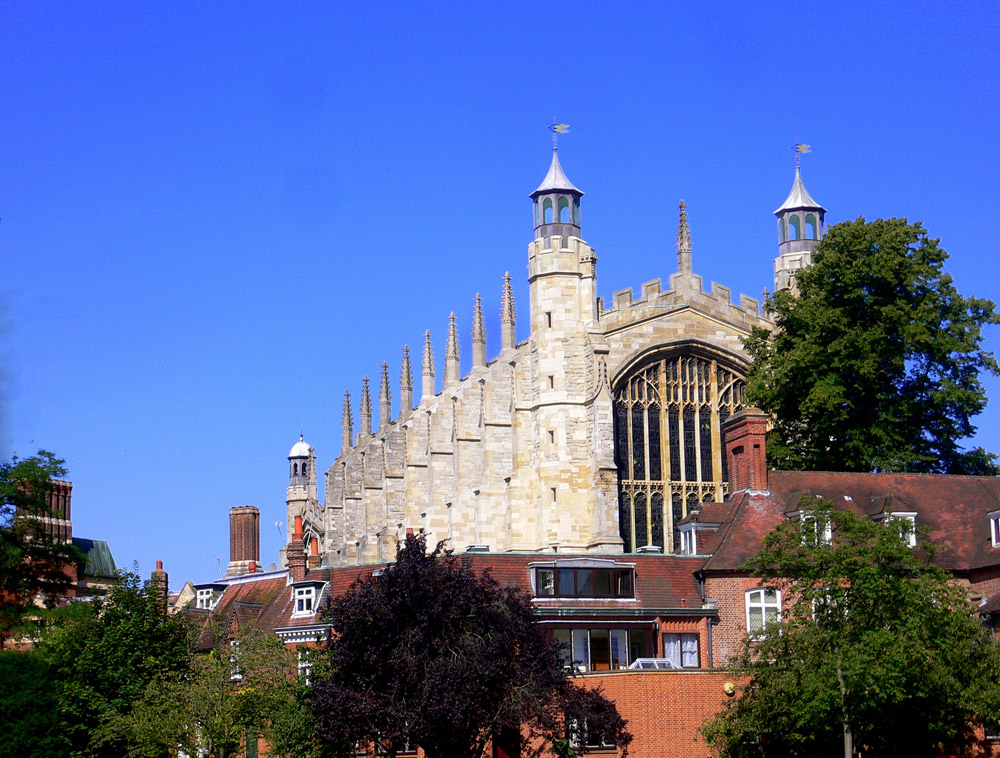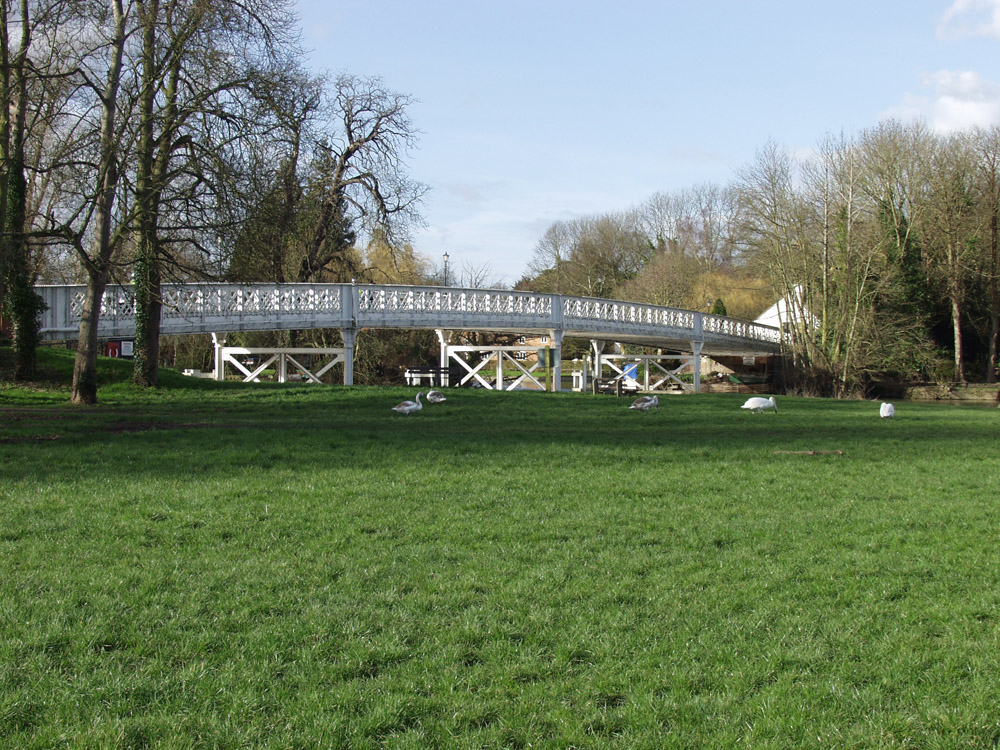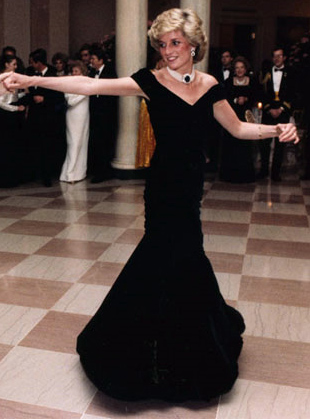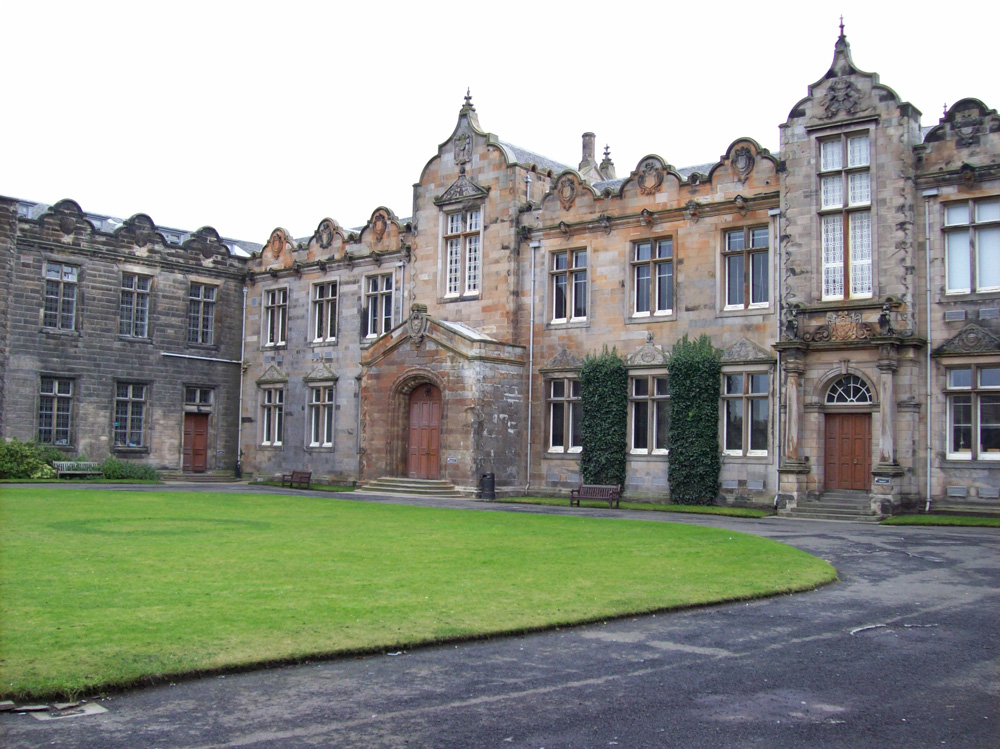Prince William and Kate Middleton (2 page)
Read Prince William and Kate Middleton Online
Authors: Chris Peacock
Tags: #royal, #wedding, #royal wedding, #william, #kate, #catherine, #windsor, #balmoral, #elizabeth, #queen, #king, #university, #army, #RAF, #st andrews, #marriage, #princess, #diana, #diana, #prince charles, #westminster abbey, #england, #britain, #UK

Â

Eton College Chapel
Image courtesy of Herry Lawford
Â
Once again, at Eton William showed himself to be an excellent sportsman. He captained his house football team, and took up water polo. In addition to this responsibility, he was also joint Captain (at Eton known as âkeeper') of Swimming, House Captain of Games, and (in his final year) House Captain.
William was also one of twenty-one prefects, which as Eton is known as being in âPop'. He acted on stage, including taking a part in Shakespeare's âThe Tempest', which was watched in 1998 by The Queen and her husband The Duke of Edinburgh.
Â
William showed a sensitivity to others from an early age. When he was fourteen, he asked his parents
not
to attend the most important day of the school's calendar â the Fourth of June celebrations â as he believed that their presence, and that of their bodyguards (and possibly the invited press) would spoil this âparents' day' for his peers. William's parents accepted his request, and his âunofficial nanny', Tiggy Legge-Bourke attended in their place.
William was also appointed secretary of the Agricultural club, and even received Eton's Sword of Honour, the school's highest award for a first-year army cadet (children at public schools in England are often introduced to cadetship in the armed forces during their school years). He was also the fastest junior swimmer at Eton in ten years.
Princess Diana was noted as saying âMy boy's got a good brain, considering how hopeless both his parents were'. William gained a total of twelve GCSE passes (three even taken a year early), including top marks in English, History and Languages. One wonders how much he had to learn about his own ancestors in his history studies!
William chose to study Geography, English and History of Art at A Level, choices that would define his further education at university, and of course shape his adult life.
Â
Â
Kate Middleton
Â
Kate attended St. Andrew's school in the picturesque town of Pangbourne in Berkshire, and briefly attended Downe House school. Her public school of choice was Marlborough College in Wiltshire â a co-educational establishment (both boys and girls) as opposed to Eton's boys only rule.
At school, Kate was described as level-headed, popular and talented. One of her former classmates said she was âan absolutely phenomenal girl â really popular, talented, creative and sporty'. Just as Prince Williams' sporting prowess was demonstrated throughout his education, so was Kate's, with her captaining the school hockey team, and playing in the first pair at Tennis.
Kate was also academically bright, described by a college master as âan A grade pupil across the board'.
Â

Bridge over River Thames in Pangbourne
Â
Â
It was during his time at Eton that the shocking event of Princess Diana's death made headline news worldwide â on the morning of the 31
st
August 1997.
Â

Princess Diana
Â
Despite internet theories of conspiracy, the sad facts of Diana's death were that it was a tragic â if perhaps preventable â accident.
The accident is generally accepted to be attributed to the driver, Henry Paul, who was over the drink-drive limit and lost control, and to the motorbike-riding pursuing paparazzi.
At the time, William was staying at Balmoral Castle at the time with his brother, Prince Harry, and his father, Prince Charles. Charles waited until the morning to tell his sons of the accident, to which they must have been devastated.
With Diana and Charles having separated in 1992, and divorced in 1996, the two young princes must have experienced some of the family heartache that children across the world feel when their parents are no longer in love. If one tiny element of positivity could come out of their situation in the early nineties, it would be that William would understand family issues more than a member of an elitist group who would never experience the issues that trouble people across the world. However, for her life to end so tragically short, one cannot begin to imagine the pain and grief this caused to her children, unless, perhaps, one has experienced the same.
Â
A huge, worldwide outpouring of grief was shown at Diana's death. She had been immensely popular with people from every country across the world. People loved her elegance, intelligence, her work for charity (whether this was highlighting the problem of landmines in former warzones, or being pictured with children suffering from AIDS â at a time when public awareness and understanding of the illness was patchy at best).
Many sites around the world became temporary memorials to Diana, the largest being outside the gates of Kensington Palace.
Â
Although most people felt terrible grief for Diana (the days following her death will be forever remembered as possibly the largest public outpouring of grief in history), for her two sons it must have been terrible.
Princes William and Harry have barely spoken about the time of her mother's death. Many will remember them walking behind the carriage containing her coffin at her funeral.
However, more than ten years after her death, William accepted the responsibility of royal patron of the Child Bereavement charity (remember, he was only 15 at the time) â a charity to which Diana was closely linked during her lifetime.
William said âlosing a close family member is one of the hardest experiences anyone can endure. Never being able to say the word âMummy' again in your life sounds like a small thing. However, for many, including me, it is now really just a word â hollow and evoking only memories.'
Â
It is certain that William's life has been shaped â to a certain extent â by the tragedy of his mother's death. He has always said that he will ânever stop wondering' about what happened in the tunnel where the car crashed, and one can only hope that â at some point â he will reach a certain nature of closure on the events.
However, it can be assumed that William would from that day onwards have a real aversion to intrusion of the press, a distrust â if not hate â of the paparazzi, or at least those elements who hounded Diana in her last few weeks.
Perhaps some things changed for the better after the events of 1997. For a while, at least, the press would keep to agreements respecting privacy, and across the world regulations came into effect regarding the nature of âcelebrity' and some definition given to public and private life.
Â
Â
Â
After taking a gap year, in which he trained with the British Army in Belize and taught children in Chile, William enrolled at the University of St. Andrews in 2001. Initially he chose to study History of Art, and caused the number of applications to the university to swell considerably â a statistic put down to the number of females applying to the university in the hope to meet the Prince!
Whilst at University, although officially enrolled under the name William Wales, his friends referred to him as Steve â an âidentity' created to ensure if journalists overheard the conversation, they wouldn't realise to whom the friends were referring to.
Â
William was known to a close group of friends at university as living as normal (if privileged) life as possible. One friend said that when William was choosing leathers for a motorbike, he asked him âshould I get this one in blue or that one in black?'. When the friend suggested he get both, William replied âAre you kidding? These cost £1000 each!'.
He was also known for being generous, often walking into the pub and buying a tray of 20 shots for his friends. William regularly invited groups of his friends to one of his residences for a party. One friend recalls that after drinking a little too much, William suggested he sleep in a âspare room'. The friend noted that when he woke up and walked to the staff entrance, a butler greeted him, asking âWould you like any breakfast, sir?'
Although he tried to keep a low profile, William always had bodyguards present â at least within a close distance. On one occasion, during a party, his bodyguards were situated in a kebab shop down the road (where else?!), when there was a fire alarm in the party building. The Prince switched off the fire alarm, but in doing so also switched off the covert surveillance cameras. Within seconds, the bodyguards burst into the room, surrounding William, and demanded to know what was going on!
Another instance of âover-zealous' but perhaps prudent security was when William was walking home, drunk, and noticed a pellet gun in his friend's jacket pocket. William took it, and held it up in the air. With amazing pace, two security guards appeared with a look of great alarm â so âWills' through the gun to the ground and just carried on walking!
Â

United College at the University of St Andrews
Â
It was whilst Prince William was studying his History of Art course at the University of St Andrews that he met Kate Middleton. She had also joined the same course, but was apparently first noticed by the Prince when she took part in a fashion show â where she modelled in her underwear!
Their friendship blossomed, aided by their closeness â not only on the course itself but the fact that they lived together at the University for four years. When William had what was described as âa wobble' at the end of his first year â he was not convinced he was studying the
right
course at the
right
university â Kate was credited with convincing him to stay.
